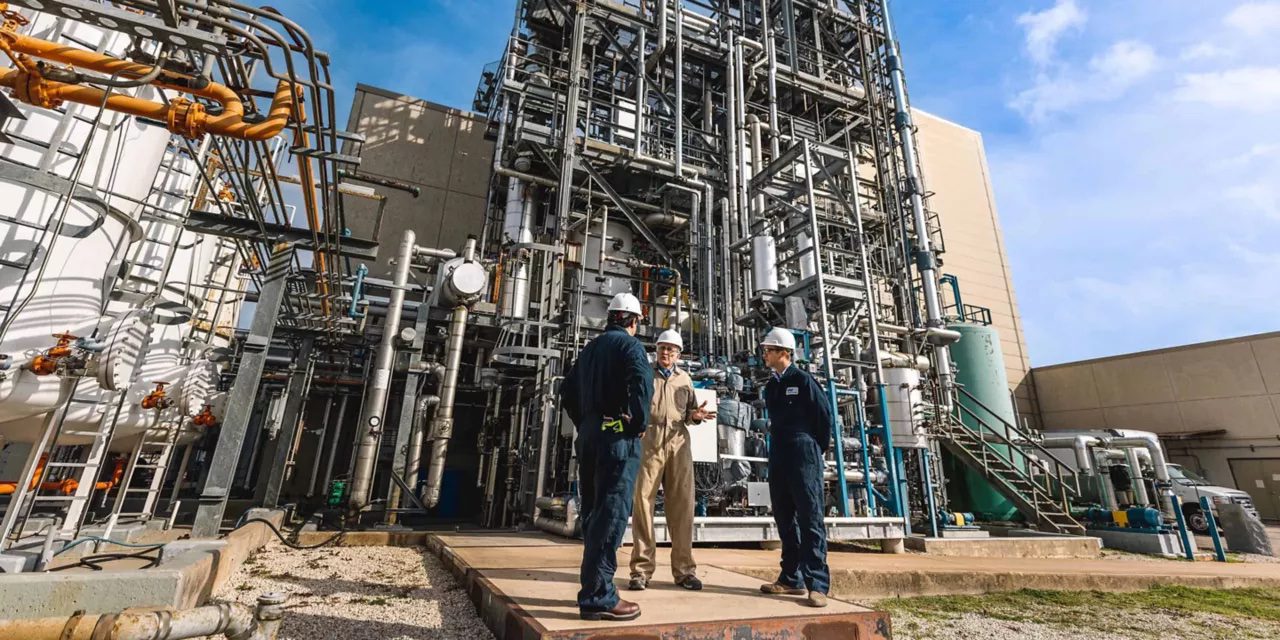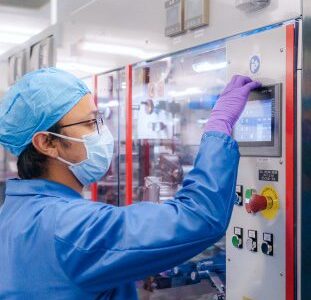The Gulf Coast is a place of many faces. The expanse of the land, which stretches across well over 1,000 miles of coastline from Florida to Texas, is the site of countless summer vacations for families all over the U.S. To the millions of us lucky enough to find our way to the beaches in our lifetimes, the Gulf Coast represents a break from the doldrums of reality.
Unfortunately, the Gulf also is known as the site of several unprecedented environmental events. Most notable was the Deepwater Horizon oil spill, when a malfunctioning British Petroleum oil rig leaked high-pressure crude oil into the marine ecosystem for five months until it was finally stopped in September 2010.
Now, 12 years later, the Gulf is ready for a new face — ground zero for the future of carbon capture technology. It’s starting with a landmark collaboration between industry upstarts Honeywell and EnLink.
Honeywell is a company quickly establishing a name in the burgeoning carbon capture scene. It has agreed to a partnership combining its carbon capture and storage (CCS) expertise with EnLink’s knowledge of and access to various high-level carbon transportation and storage networks. Beginning in Lousiana, the collaborators have made it their mission to find a CCS-induced method of curbing the industrial-grade carbon dioxide emissions from Baton Rouge to New Orleans.
Though the costs for the project are not yet known, the venture marks a renewed interest from both companies in the coastal American South as a CCS hotspot. This status is likely due to businesses’ lack of environmental regulations and thus higher emissions.
Louisiana, in particular, has a relatively high concentration of emissions levels. The state only comprises 1.7% of the nation’s gross domestic product and 1.5% of its population, but it accounts for nearly 4% of emissions nationwide.
By turning its attention to Louisiana and additionally working on retrofitting existing out-of-date CCS facilities within the state, Honeywell says that it is looking to spur a shift where all industry emitters look to CCS as the solution.
The Honeywell and EnLink news comes on the heals of a wave of sustainability-oriented companies who have moved some or all of their operations to the region. The movement, which centers around the creation of a regional CCS hub in Houston, TX, includes names like ExxonMobil, Chevron, INEOS, and NRG Energy. In total, 11 companies have joined, which is expected to contribute to sequestering 50 million tons of carbon dioxide yearly by 2030. By 2040, that number will be a whopping 100 million per year collectively. Such an effort would establish Houston as the epicenter of CCS operations in the U.S. and put the city well on its way to achieving its goal of being 100% carbon neutral by 2050.
Houston’s coming environmental tech resurgence has been a major hit with municipal officials, who have voiced excitement about a future where industry and the environment can work together hand-in-hand. “Houston can achieve our net zero goals by working together, and it’s exciting to see so many companies have already come together to talk about making Houston the world leader in carbon capture and storage,” says Sylvester Turner, city mayor. “We’re reimagining what it means to be the energy capital of the world, and applying proven technology to reduce emissions is one of the best ways to get started.”





